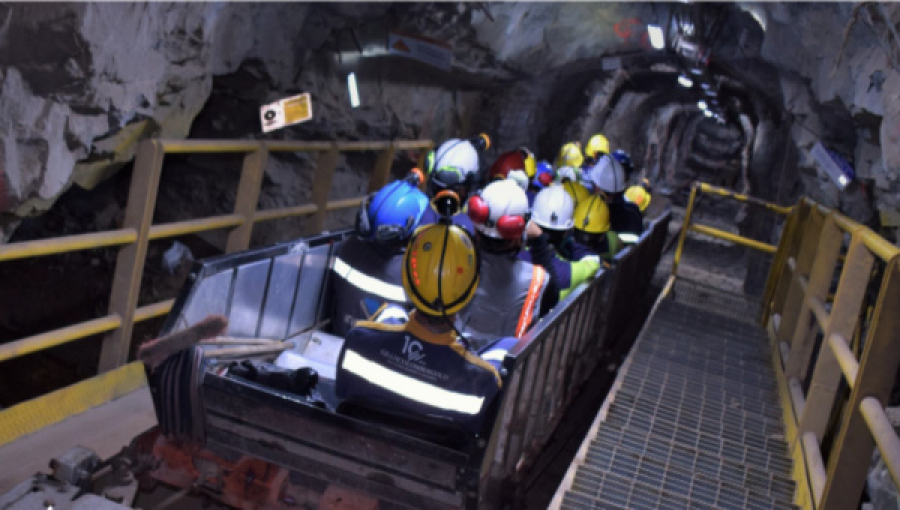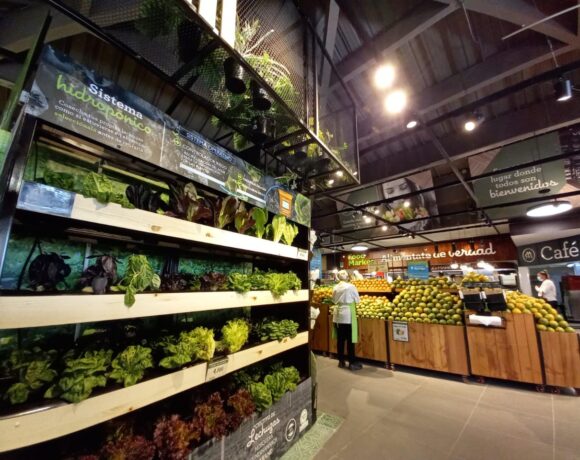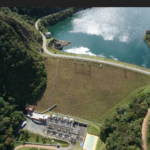Antioquia’s Biggest Gold Miner Becomes ‘Aris Gold’ in All-Stock Deal

Toronto-based GCM Mining (formerly Gran Colombia Gold) – Antioquia’s biggest gold miner — announced July 25 that it has just completed a 100% all-stock merger deal and as a result will now be renamed Aris Gold, with headquarters moved to Vancouver, British Columbia.
The GCM/Aris combination boasts of combined gold reserves of 3.8 million ounces and a resource base of 18.3 million ounces “measured and indicated” as per conventional mining standards, according to the company.
According to incoming Aris chairman Ian Telfer, “after Aris Gold became operator of the Soto Norte [Santander, Colombia] joint venture, joining forces with GCM became a logical next step.”
Outgoing GCM chairman Serafino Iacono commented that “this transaction further diversifies the company’s portfolio and reaffirms Colombia as an area of focus,” with expanded diversification projects in Guyana and in Canada.
The new CEO of Aris Gold — Neil Woodyer – added that “we are building a gold mining business with scale, cash flow, a strong financial position with US$397 million of cash and US$260 million of additional committed funding, and a high-quality growth pipeline.”
The company simultaneously announced that former Colombia Minister of Justice and Vice-Minister of Mines and Energy Mónica de Greiff is now joining the Aris board of directors.
The Segovia operations in Antioquia – ongoing for more than 150 years — produced 206,389 ounces of gold in 2021, the company noted.
Meanwhile, the Marmato mine in Caldas, Colombia, is undergoing a modernization program and is expected to produce some 175,000 ounces of gold per year, according to the company.
Elsewhere, the Toroparu project in Guyana is expected to have an average gold production of 225,000 ounces per year over the projected 24-year mine life, according to the company.
As for the Soto Norte joint-venture project in Colombia, Aris estimates average gold production of 450,000 ounces per year, of which 50% would go to Aris, according to the company.
















